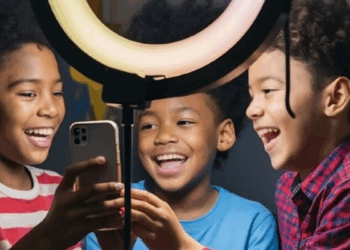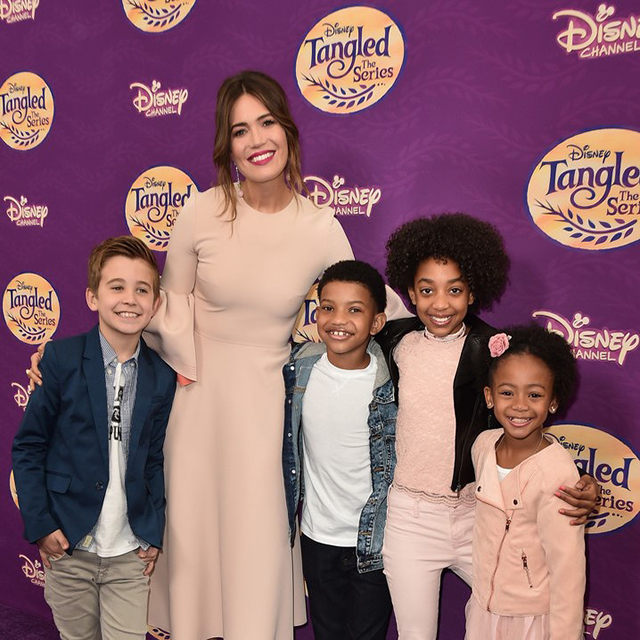Social media can be both a blessing and a curse. Facebook, Instagram, Twitter, YouTube, etc. can be used for many positive things such as keeping up with current events, learning about everything from fashion to how-to-cook, and beyond. However, in the wrong hands, it can actually be dangerous. According to recent studies, human traffickers, cyber-bullies, pedophiles, etc. target social media for victims.
Here are a few tips to help children navigate the world wide web and understand that becoming a YouTube sensation overnight may not be as safe as they thought it was.
1. Monitor, monitor, monitor. As a parent, it is your job to check your child’s social media accounts. If they cannot “friend” you, then perhaps they don’t need to “friend” anyone. Making sure that the conversations on your child’s accounts are appropriate is imperative to keeping your child safe. Know who is “following” them and make sure that you take a peek at their pages too.
2. Safety before anything else. Even if your child is using their devices in the comfort of their own homes, remaining safe while they do it, should still be a top priority. We have all seen Chris Hansen bust would-be-pedophiles in the act on t.v. as they contact underage girls/boys via social media. Teach your children that stranger-danger is real, even in cyberspace and to avoid “checking-in” on their sites. People don’t need to know their every move.
3. Confidentiality is key. Let your kids know that they can have a strong online presence without telling everything about themselves or the family. Kids, and even some adults, in general, tend to share way too much information on social media. Remind them that too much personal information put out on social media stays on social media-FOREVER. There is no such thing as deleting” a post. A screen-shot never goes away.
4. Age does matter. Posting content, pictures, etc. that are age-appropriate is the key to not attracting the wrong element. Remember, also keep an eye on DM’s, (direct messages), because those should be age-appropriate too. If not, report and block immediately!
5. Positivity and Accuracy is the name of the game. Make sure that your kids are posting positive and accurate information. A rise in online bullying has driven many children to suicide. Statistics state that 43% of kids have been victim to online bullying. Make sure that kids know that old adage, “if you can’t say anything nice, don’t say anything at all.” Take a page out of Skai Jackson’s playbook and turn the internet into a vehicle for positive change.
6. You be you. In a world where everyone wants to be a Kardashian, teach kids to be themselves. Encourage your kids to post things that they enjoy and not what is popular. In the end, they may find out that just by being themselves, the “likes” and “follows” will soon follow.
Just know that your kids may not be happy with you joining in on their social media fun, but it is not your job to be their friend. Your job is to make sure that they are protected and always remain safe. They will appreciate it, and in the end, they just might even say so.







